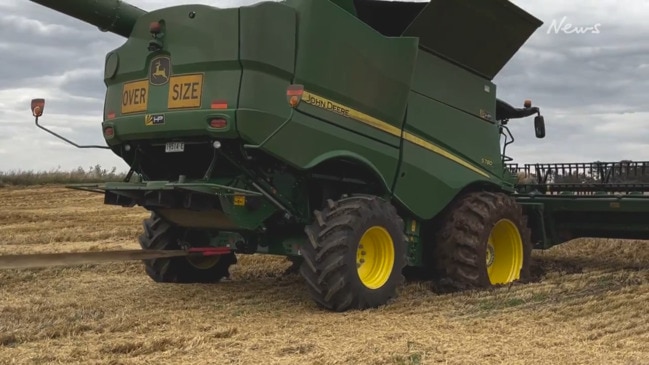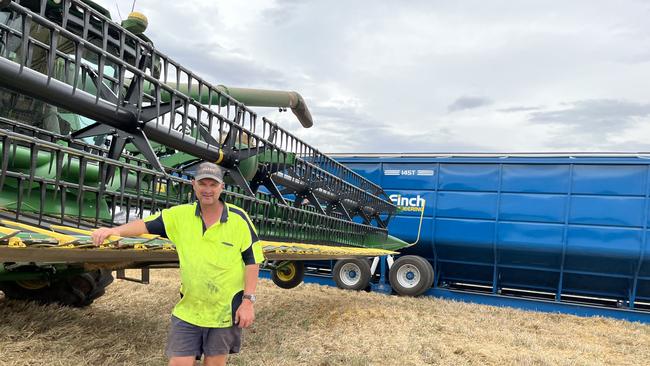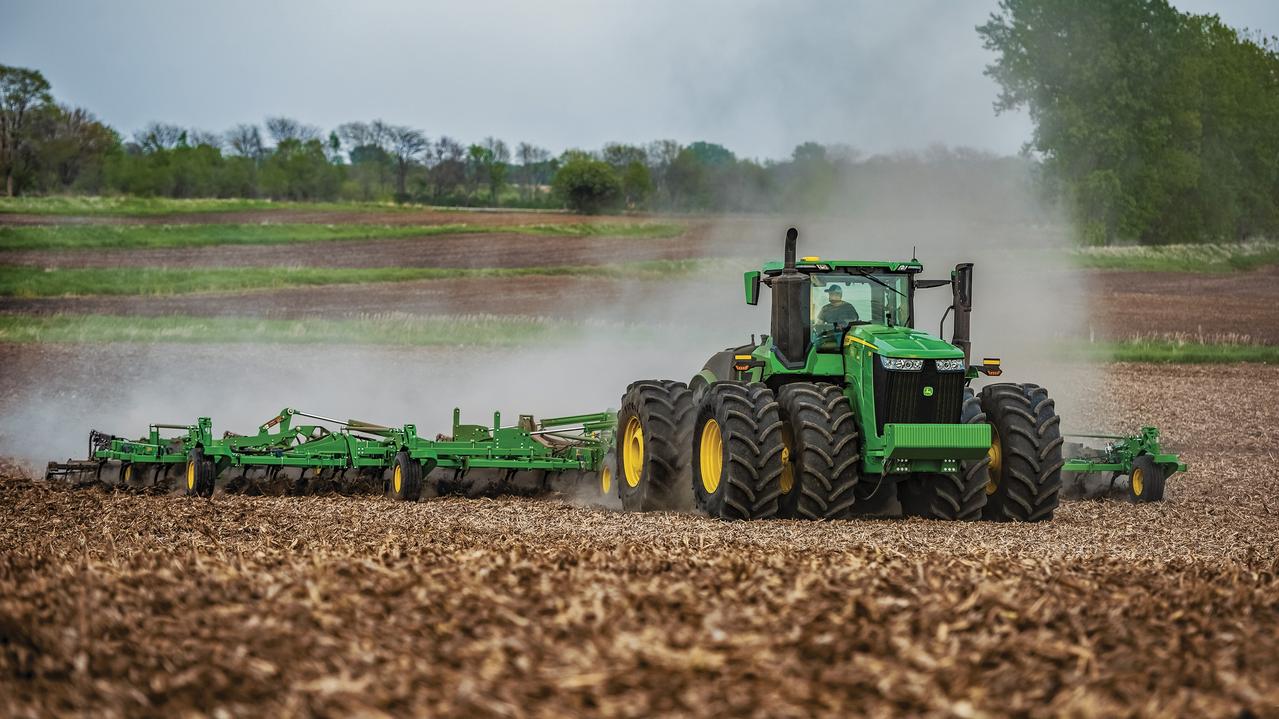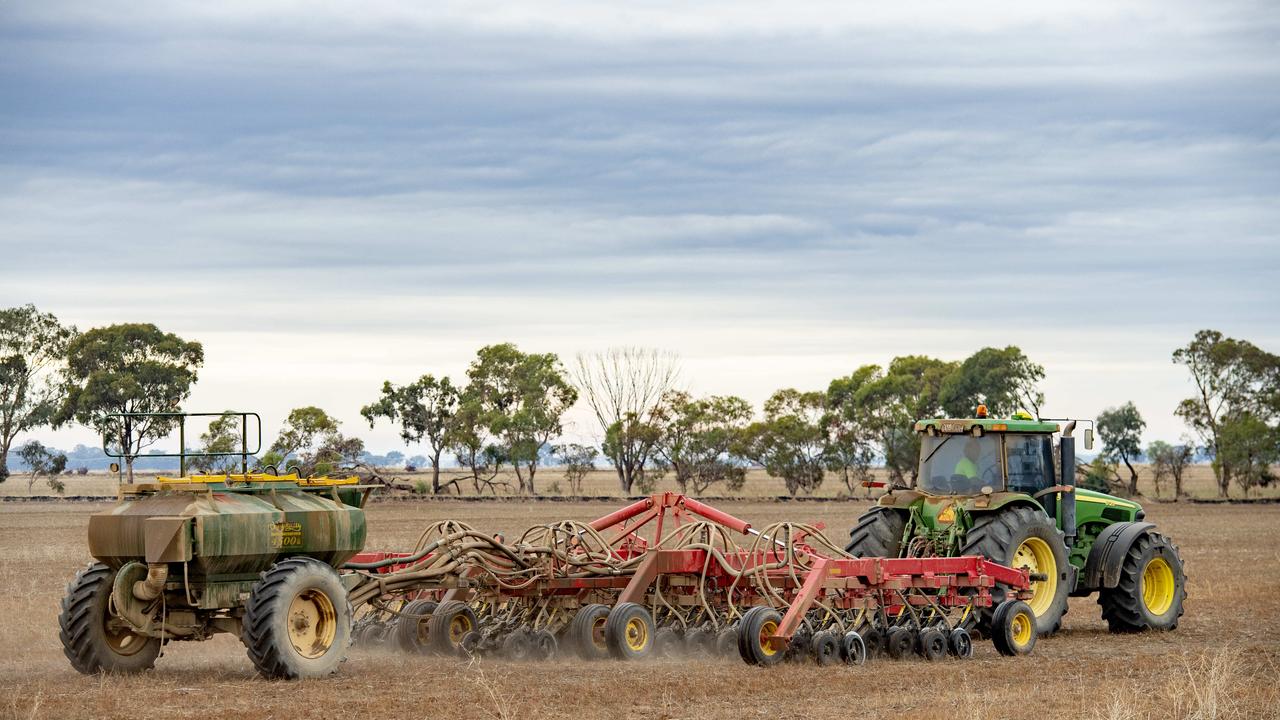Challenging year tests crop performance
Lessons will be learned from the tough growing season faced by winter cropping operators like Justin Burns from Burrumbuttock.

Growers have been tested by relentless wet weather, disease pressure, plus a race against the clock to complete harvest and deliver grain to port.
With the 2022 winter crop harvest drawing out into 2023, landholders have started scrutinising crop varieties before sowing.
Justin Burns from Boxwood at Burrumbuttock is about three-quarters of the way through harvesting 1600 hectares of wheat, barley, canola and oats. He estimates harvest at his place will be completed in around 10 days.
Mr Burns said harvest continued until Australia Day at Boxwood last year.
He said this season had been challenging for all winter crop varieties. First, the wet weather through to harvest tested varieties. The year was also trying in terms of logistics, with headers getting bogged.
“It’s a tough year; it’s tough all around,” he said
In terms of varieties for next year, he said it was difficult to know what to do.

As a guide, growers will turn to The Crop variety update - newer varieties and potential releases for 2023, which draws on information from the National Variety Trials across 38 trial sites with work undertaken by the NSW Department of Primary Industries and Grains Research and Development Corporation.
NSW DPI technical specialist grain services Peter Matthews said when considering a new variety, growers need to compare the performance with the best locally adapted variety.
He said 2022 highlighted the importance of selecting varieties with resistance to diseases such as stripe rust in wheat.
“Growers must ensure they understand what additional in-crop management is required when choosing a variety with a lower resistance rating,” he said.
“To complement the 26 new varieties released for the 2022 season, crop breeding companies have”released a further eight wheat, three barley, one oat, one lupin and 14 canola varieties for the 2023 season,” he said.
Cropping and livestock farmer from Winchendon Vale in southern NSW, Bob McCormack, said 2022 was a year to throw down the challenge to plant breeders.
He said incidences of septoria and crown rot were high.
“These two diseases have been devastating this year,” he said.




